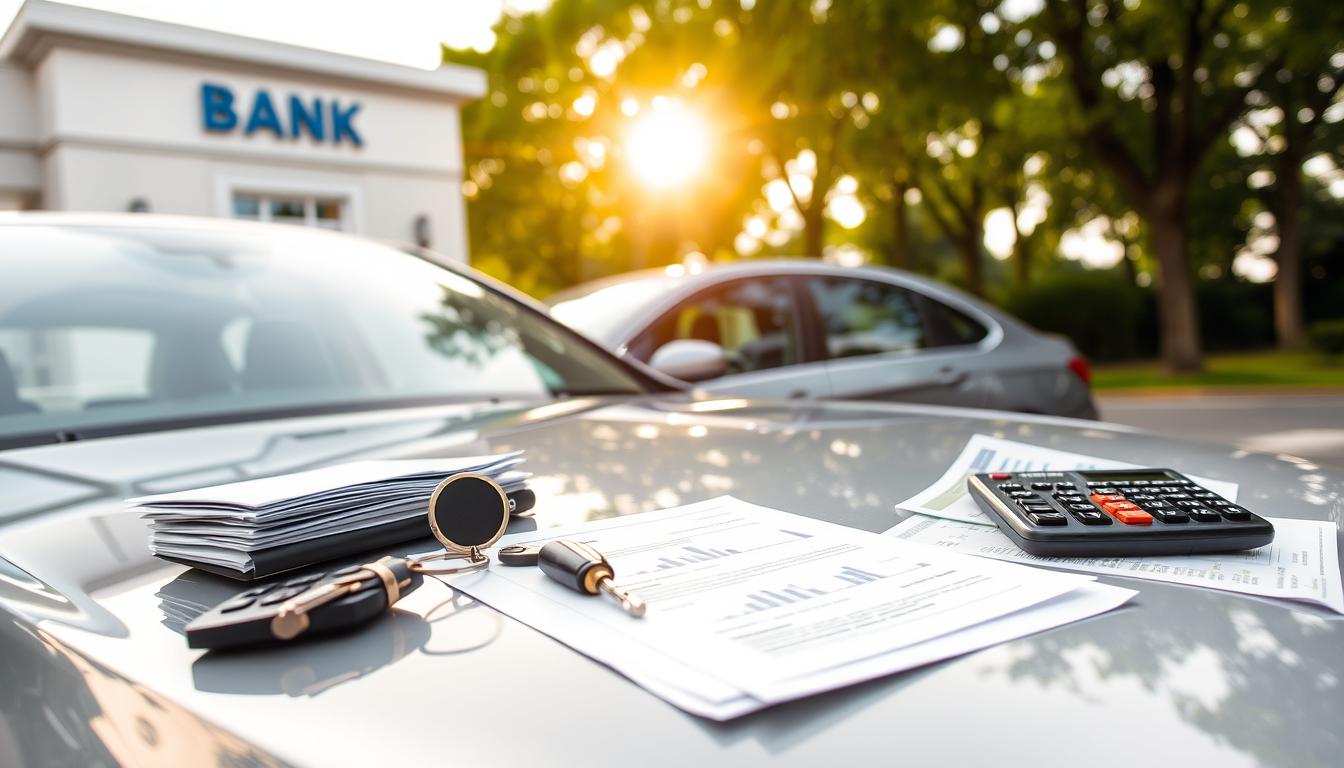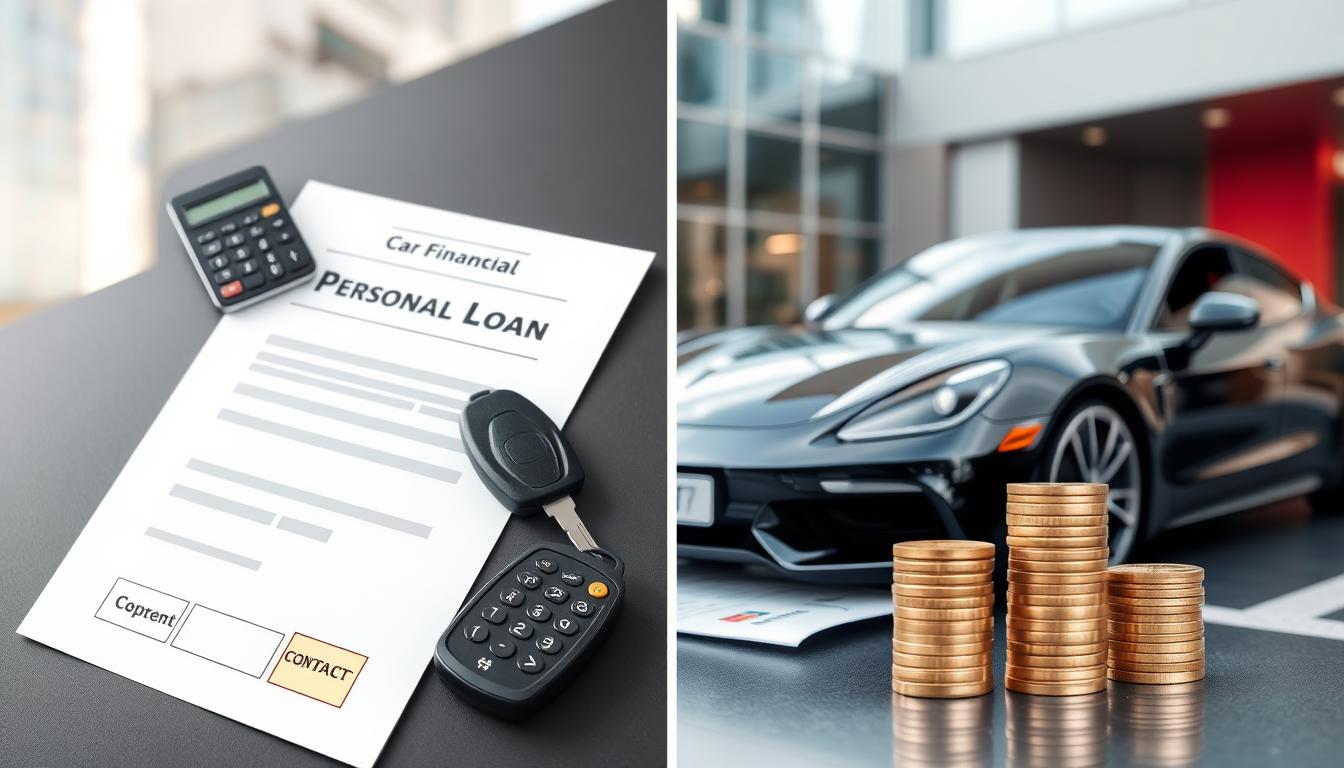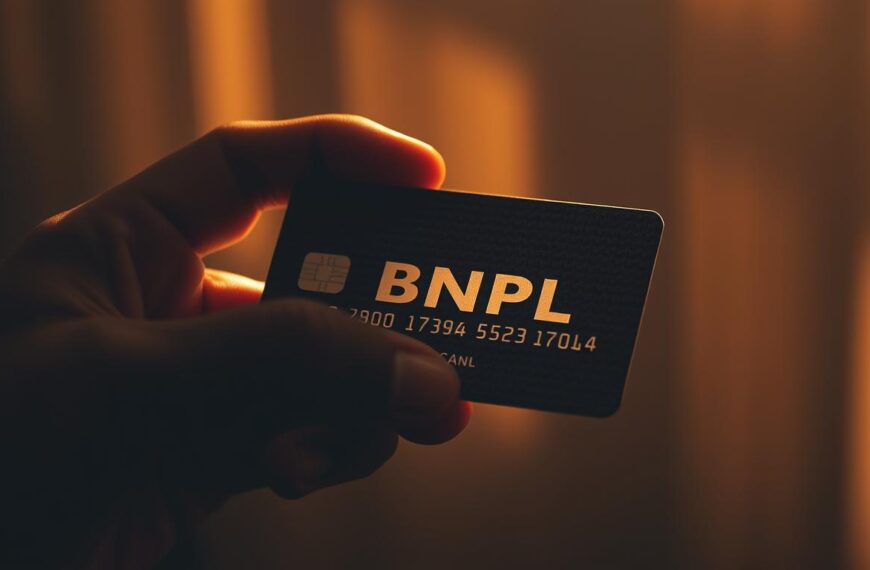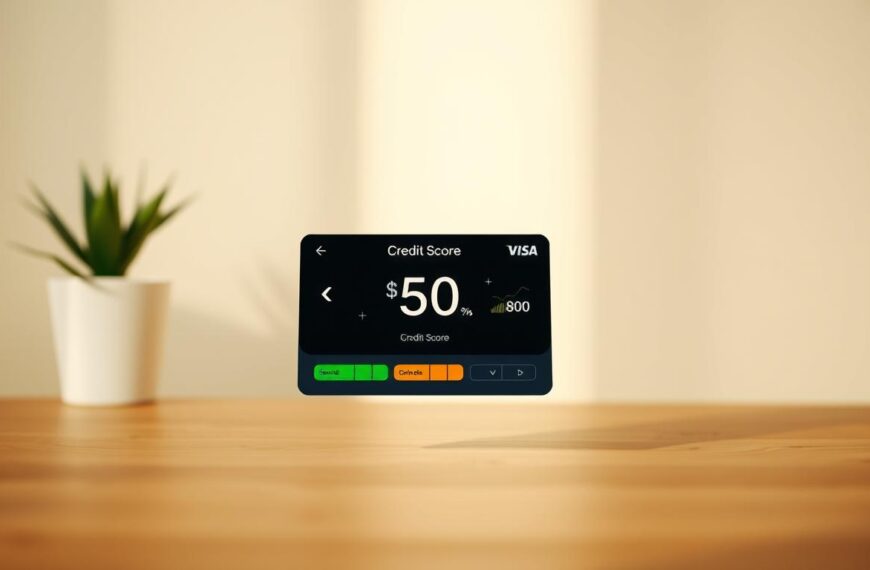In the UK, people have many ways to buy a car, like car finance and personal loans. It’s important to know the main differences between them. Car finance and personal loans have different uses and affect how you own and pay back a car1.
Car finance, like hire purchase (HP) and personal contract hire (PCH), is made for buying cars123. These deals are secured loans, where the car is used as security. Personal loans, however, are not secured and can be used for many things, including buying a car3.
The main difference is who owns the car. With car finance, you don’t own the car right away. The finance company owns it until you’ve paid everything off. Personal loans let you own the car from the start if you have enough money3.
Understanding Car Finance and Personal Loans Basics
When you want a car, you have many ways to pay for it. Car finance lets you borrow money to buy or lease a car. You pay it back over time. On the other hand, personal loans give you a big sum to buy a car and you pay it back in monthly bits.
What is Car Finance?
Car finance is a common way to get a vehicle. You pay a deposit and then regular payments over time. These payments cover the cost of the car plus interest. The main types are hire purchase (HP), personal contract purchase (PCP), and personal contract hire (PCH)4.
Types of Car Finance Available
- Hire Purchase (HP): You pay a deposit and then fixed payments until you own the car. HP agreements last 1-5 years4.
- Personal Contract Purchase (PCP): PCP plans last 1-4 years. They have lower payments than HP, with a big final payment to own the car4.
- Personal Contract Hire (PCH): PCH is like a long-term rental. You pay monthly to use the car without owning it. These agreements can last 1-5 years4.
Definition of Personal Loans
Personal loans are unsecured borrowing. They let you get a big sum to buy a car right away. Unlike car finance, you don’t need a deposit. Personal loans for cars usually have repayment times of 1-7 years.4 But, they might have higher interest rates, especially if your credit score is low5.
“Finance agreements on cars are considered one of the biggest financial commitments an individual will make.”
Is Car Finance a Personal Loan?
Car finance and personal loans are two common ways to fund a vehicle. But, car finance is not the same as a personal loan. They serve different purposes and have different terms6.
Car finance is made just for buying cars. It’s secured by the car itself, so the lender can take it if payments stop. On the other hand, personal loans can be used for many things, including cars. They’re not tied to any asset7.
| Car Finance | Personal Loan |
|---|---|
| Secured against the vehicle | Unsecured borrowing |
| Higher borrowing limits due to collateral | Lower borrowing limits due to higher risk |
| Secured products like PCP, HP, and logbook loans | Flexible usage, including vehicle purchases |
| Risk of vehicle repossession if payments are missed | No risk of asset repossession |
In short, car finance and personal loans are different. Car finance is for buying cars and is secured by the car. Personal loans are more flexible but not secured. Knowing the differences is key when choosing how to finance your next car67.
Secured vs Unsecured: How Car Finance Differs
When looking at ways to finance a car, it’s crucial to know the difference between secured and unsecured loans. Car finance types like Hire Purchase (HP), Personal Contract Purchase (PCP), and Personal Contract Hire (PCH) are secured against the vehicle. This means the lender can take the car back if payments aren’t made8.
Personal loans, however, are unsecured. They offer more freedom but might have higher interest rates because they’re riskier for lenders8. Secured car finance might be easier to get for those with lower credit scores because the car acts as security for the lender9. Also, secured loans often let you borrow more money than unsecured personal loans8.
Understanding Secured Car Finance Options
Secured car finance options like HP, PCP, and PCH usually have lower interest rates than unsecured personal loans10. This is because the lender has the car as security, which they can take back if payments are missed9. This makes secured loans less risky for lenders, as they can sell the car to get their money back10.
Personal Loans as Unsecured Borrowing
Personal loans, being unsecured, are not tied to any asset9. This flexibility means you can use the money however you like, but it also means higher interest rates compared to secured car finance8. Getting an unsecured personal loan can be harder for those with poor credit, as lenders look at your credit history to decide on approval and rates9.
Risk Factors and Lender Security
The risk level of a loan is crucial for lenders when setting terms. Secured loans, like car finance, offer the lender a vehicle as collateral, which they can take back if payments are missed10. This lowers the lender’s risk, leading to possibly lower interest rates and higher borrowing limits than unsecured loans8. Unsecured loans, however, rely more on the borrower’s credit history and financial situation, making them riskier for lenders9.
Comparing Costs and Monthly Payments
When looking at car finance options, it’s important to see more than just the monthly payments. Personal loans and car finance have different APR rates, monthly payments, and total cost of credit. This depends on your personal situation11.
Personal Contract Purchase (PCP) car finance might have lower monthly repayments than personal loans. This is because you’re only paying for the car’s depreciation, not the full price11. But, you won’t own the car until you’ve made the final payment11.
| Finance Option | APR | Monthly Payment | Total Cost |
|---|---|---|---|
| Personal Loan (Fair Credit) | 26.9% | £489.53 | £23,498 |
| HP Car Finance (Fair Credit) | 13.9% | £403.05 | £19,347 |
For instance, a £15,000 car purchase on a personal loan with fair credit at 26.9% APR would cost £489.53 monthly. The total cost over 36 months would be £23,49811. On the other hand, HP car finance with fair credit at 13.9% APR would cost £403.05 monthly. The total cost would be £19,34711.
When comparing finance options, remember to look at the total cost of credit. This gives a clearer picture of the overall expenses11.

To make a smart choice, use a car finance calculator. It helps estimate costs and monthly repayments based on your financial situation and preferences12.
Benefits and Drawbacks of Each Option
When looking at car finance, both car finance and personal loans have their pros and cons. Knowing these can help you choose the right option for your financial needs and goals.
Advantages of Car Finance
Car finance offers flexibility. You can finance new or used cars with hire purchase (HP) car finance13. This means you can own a car right away, without waiting13. Some lenders even let you start with no deposit, making the initial cost lower13.
HP car finance also means fixed monthly payments. This helps you budget better13. Your credit score can affect the interest rates, which can save you money over time13.
Car finance doesn’t limit how much you can drive, which is great for those with long commutes13. You can also finance older cars and keep payments manageable13.
Personal Loan Benefits
Personal loans let you own a car right away, without limits or extra wear and tear charges2. You can buy from any seller, as the loan is separate from the purchase2. If you have good credit, you might get lower interest rates, saving you money2.
Key Limitations to Consider
However, there are downsides to both. Car finance can lead to repossession if you miss payments, hurting your credit score13. It can also include extra fees, like admin costs, increasing what you pay back13. If your credit is poor, getting car finance might be hard, leading to higher rates or refusal13.
Personal loans might have higher monthly payments than some car finance deals2. They can also make it harder to get other loans2. It’s key to look at all costs, including deposits, interest, and fees, to decide between car finance and personal loans2.
The choice between car finance and personal loans depends on your financial situation and plans. Car finance might be better for those wanting lower payments or to change cars often. Personal loans could be more suitable for immediate ownership and more flexibility2.
Conclusion
Choosing between car finance and personal loans for your next vehicle depends on your situation and finances14. Car finance might offer lower monthly payments and easier approval for those with lower credit scores14. However, it comes with usage restrictions and delayed ownership14. Personal loans, on the other hand, give you immediate ownership and more flexibility, but with possibly higher monthly costs14.
Consider your credit score, how soon you want to own the car, and how you plan to use it1415. The right choice depends on your unique needs and situation14. Getting advice from financial experts or using comparison tools can guide you towards the best option for your vehicle purchase options and personal loan decision needs when it comes to choosing car finance15.
The decision between car finance and personal loans is complex and needs careful thought1415. By looking at the pros and cons of each, you can choose wisely for your next car1415.
FAQ
What is the difference between car finance and personal loans?
Car finance is for buying cars, while personal loans are for many things. With car finance, you don’t own the car right away. Personal loans let you own what you buy immediately.
What are the types of car finance available?
You can choose from hire purchase (HP), personal contract purchase (PCP), and personal contract hire (PCH).
How do personal loans differ from car finance?
Personal loans are not secured, but most car finance deals are. They use the car as security.
What are the advantages and disadvantages of car finance and personal loans?
Car finance has perks like lower monthly payments with PCP. You also don’t have to buy the car at the end. But, there are downsides like mileage limits and wear and tear fees.
Personal loans let you own the car right away. You can sell it anytime and there are no usage limits. But, the monthly payments might be higher, and it could affect getting other loans.
How do the costs and monthly payments compare between car finance and personal loans?
Costs depend on the finance type and your situation. PCP might have lower monthly payments. But, personal loans could have higher payments but lower costs if you have good credit.
Interest rates (APR) also vary. Car finance might offer better rates for those with fair credit.
When should I consider car finance vs. a personal loan?
It depends on your needs and financial situation. Car finance is good for those who want lower payments or change cars often. Personal loans are better for those who want to own the car and have more flexibility.

















